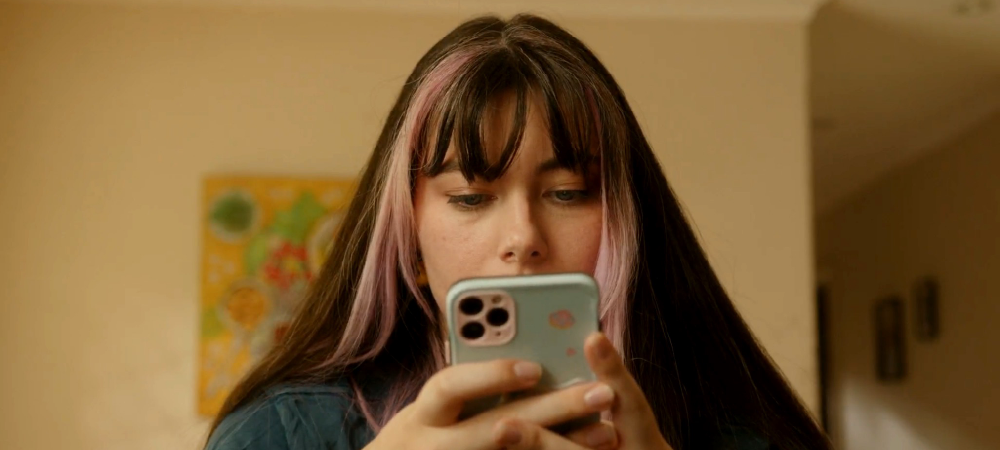When should we start teaching our children about consent? Many might think it’s a conversation for later years, but research and experience tell us that consent education should begin early. Introducing consent to young children lays the foundation for healthy relationships and a respectful society. But how do we start, and what role do programs from Constable Care Foundation’s youth arm, Youth Choices, play in this important education? Let’s get right into it.
What is Consent Education?
Consent education involves teaching children about the importance of personal boundaries, the right to make decisions about their own bodies and respecting others’ choices. It’s not just about understanding permission, it’s about recognising the significance of mutual respect and individual rights. Starting this education early helps shape how children interact with others, fostering respect and reducing harmful behaviours as they grow.
Understanding Consent: A Foundation for Healthy Relationships
Consent goes beyond simply agreeing or disagreeing. It involves understanding non-verbal cues, mutual agreement and the ability to change one’s mind. Teaching these nuances helps children build relationships rooted in trust and respect. By learning that consent is an ongoing, respectful dialogue, children are better equipped to form connections where everyone feels safe and valued, laying the groundwork for healthy relationships throughout their lives.
The Benefits of Teaching Consent Early
Starting consent education early boosts a child’s development and well-being by:
- Empowering them to make informed decisions.
- Encouraging them to speak up when something feels wrong.
- Building self-esteem through reinforcing their right to choose.
- Helping them navigate social situations safely.
- Preventing misunderstandings by teaching respect for boundaries.
- Establishing a foundation for safer, more respectful environments.
Practical Ways to Introduce Consent to Young Children
Introducing consent to young children can be done through age-appropriate language and concepts. Simple explanations about personal space and the importance of asking for permission can lay the groundwork for understanding consent. Additionally, parents and educators can use everyday opportunities to teach and model consent. Whether it’s asking before giving a hug or checking if it’s okay to share a toy, these daily practices help reinforce the importance of respecting others’ boundaries.
Overcoming Challenges in Consent Education
Teaching this topic can sometimes be met with misconceptions or resistance, particularly from those who believe it is too mature for young children. However, addressing these concerns by framing consent education as lessons in respect and personal boundaries can alleviate such fears. For parents and educators, staying engaged is crucial. Regular discussions, using resources like books or workshops and keeping the conversation ongoing, help guarantee that consent education remains a consistent part of a child’s learning experience.
The Role of Schools and Programs like Youth Choices in Consent Education
Schools play a significant role in reinforcing consent education by integrating it into the curriculum. Including consent as part of health or personal development programs ensures that all students receive consistent and age-appropriate instruction. Programs like Youth Choices ‘Would You?’ further enhance this education by engaging youth in realistic scenarios that help them understand and practice consent. These programs provide a safe space for students to explore the concept of consent and its application in their daily lives.
Consent Beyond Childhood: Preparing Teens and Young Adults
As children grow into teenagers, the conversation around consent should evolve to address more complex issues. Educating teens about navigating peer pressure and understanding social dynamics is crucial for their development. Encouraging open communication and respect in relationships helps young adults build healthy interactions based on mutual understanding and trust. This continued focus on consent reinforces the principles learned in childhood, adapting them to the challenges faced during adolescence.
Creating a Culture of Consent: Society’s Responsibility
Creating a culture of consent requires collective effort across society. The media plays a significant role in shaping perceptions of consent, making it essential to hold media outlets accountable for how they portray relationships and personal boundaries. Advocacy and policy are also critical in supporting comprehensive consent education. By promoting policies that prioritise consent education in schools and communities, we can create an environment where respect and understanding are the norms.
The Long-term Impact of Consent Education
Ultimately, the benefits of early consent education are far-reaching, impacting not just individuals but entire communities. When children grow up with a solid understanding of consent, they carry these lessons into adulthood, contributing to a society where everyone feels respected and valued.
Continuing the Conversation
Remember, consent education is an ongoing conversation that evolves as children grow. Staying engaged and supportive ensures it remains a priority in schools, homes and communities. Programs like Youth Choices ‘Would You?’ provide the tools needed to build a culture of consent. Let’s work together to create a future where respect and understanding are at the core of every relationship.








